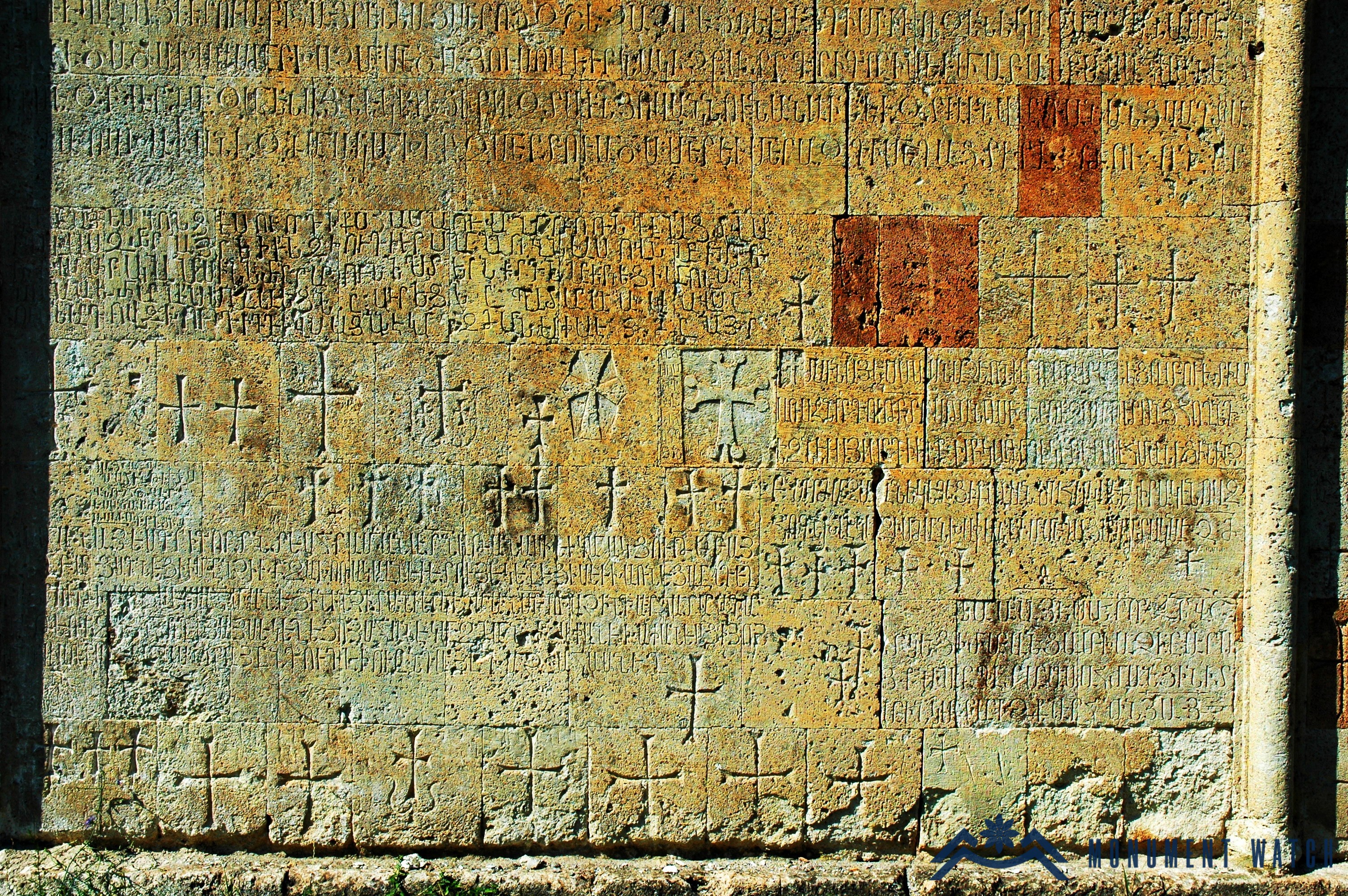Dadivank as a political and diplomatic weapon of Azerbaijan
On September 18, 2024, the government of Azerbaijan organized a visit to the occupied Karvachar region of Artsakh for accredited ambassadors and members of diplomatic missions. The diplomats were accompanied by Hikmet Hajiyev, the assistant to President Ilham Aliyev. Since 2020, these visits have frequently been conducted to present Azerbaijan's political and military perspective to diplomats, military attachés, and international media outlets, while simultaneously conveying specific messages to the Armenian side. Consistent with prior visits, President Aliyev's aide at the Sarsang Reservoir advanced the thesis that Armenians have allegedly caused significant environmental damage to the region. This assertion is being promoted in anticipation of the forthcoming International Environmental Conference in Baku.
The second message focused on cultural matters and was delivered in Dadivank. Ambassadors and diplomats were presented with the thesis, propagated since 2020, that the Armenian side has "destroyed numerous monuments of Karabakh's cultural heritage, Armenianized them, and falsified them." As a concrete example supporting this thesis, Hajiyev stated that "Dadivank and other monuments will be restored and will regain their original appearance" (https://x.com/hikmethajiyev/status/1836354194577432872?s=49&fbclid=IwY2xjawFYjQBleHRuA2FlbQIxMAABHf9yT4XuiYrjWtg-9Wm5XQP7vqNG7Ze5fX-0mwYe_cauTHSZ5lUdT1nnOg_aem_9MPAj9dsGW7W3hCy11WJ5w).
Hajiyev selected Dadivank because, since 2020, it has been a source of false theses regarding the Albanian-Udi affiliation (for details, see these articles: " Azerbaijan Claims that Dadivank Monastery Belongs to Udi Cultural Heritage" https://monumentwatch.org/en/alerts/azerbaijan-claims-that-dadivank-monastery-belongs-to-udi-cultural-heritage/, Udi propaganda as an expression of Azerbaijani politics, https://monumentwatch.org/en/alerts/udi-propaganda-as-an-expression-of-azerbaijani-politics/).
Our response
The term "Azerbaijani restoration" serves as a euphemism for the intentional destruction of hundreds of original Armenian inscriptions, crucifixes, and khachkars. Notably, the Azerbaijani authorities do not conceal this fact, as they consider these artifacts to be inauthentic. As has been previously articulated on numerous occasions, such declarations pose a significant threat to the preservation of Armenian monuments. Should such "restoration" efforts proceed, these monuments will lose their historical and cultural identities, and their authenticity will be irreversibly eradicated.
The denigration of historical Armenian churches and the denial of Armenian identity constitute violations of UNESCO's principle of authenticity. Such actions effectively destroy history and identity. The paramount importance of preserving the authenticity of cultural heritage is elucidated in the 1994 Nara Document on Authenticity, adopted by UNESCO in Japan (https://www.icomos.org/charters/nara-e.pdf). Article 4 of the 1954 Convention on the Protection of Cultural Property in the Event of Armed Conflict, along with Article 9(c) of the 1999 Second Protocol, prohibits any alteration of cultural property or changes in its use aimed at concealing or destroying cultural, historical, or scientific evidence. It is pertinent to recall that the International Court of Justice in The Hague, in its decision of 7 December 2021, mandated measures against the desecration of Armenian churches. Specifically, the Court stated: "Azerbaijan is obliged to take all necessary measures to prevent and punish acts of vandalism and desecration committed against Armenian cultural heritage..." (International Court of Justice, Application of the International Convention on the Elimination of All Forms of Racial Discrimination (Armenia vs. Azerbaijan), 7 December 2021, No. 2021/34).
According to the Parliamentary Assembly of the Council of Europe (PACE) Resolution 2391 (2021), Article 18.4, the denial of Armenian cultural heritage and its misattribution to the Aghvans (Caucasian Albanians) has been recognized as an "Azerbaijani fiction" (Parliamentary Assembly of the Council of Europe, Humanitarian consequences of the conflict between Armenia and Azerbaijan/Nagorno-Karabakh conflict, Resolution 2391 (2021), Article 18.4). The alteration of the function of churches violates the fundamental cultural rights of the Armenian community to preserve and practice their religious beliefs and rituals in their authentic form, as defined by Article 27 of the Universal Declaration of Human Rights.


